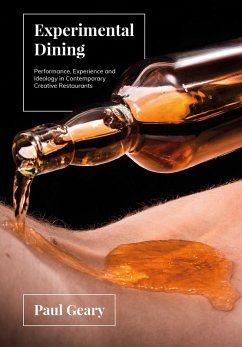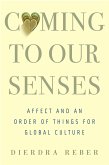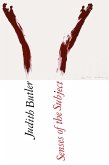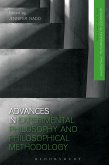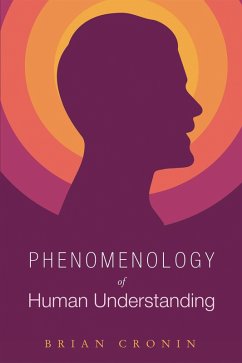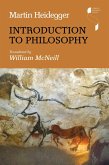Experimental Dining examines the work of four of the world's leading creative restaurants: Noma, elBulli, The Fat Duck and Alinea.
Using ideas from performance studies, cultural studies, philosophy and economics, the book explores the creation of the dining experience as a form of multisensory performance.
It examines the construction of the world of the restaurants and their creative methods, the experience of dining and the broader ideological frames within which the work takes place. Experimental Dining brings together ideas around food, philosophy, performance and cultural politics to offer an interdisciplinary understanding of the practice and experience of creative restaurants.
The author contends that the work of the experimental restaurant, while operating explicitly within an economy of experiences, is not absolutely determined by that political or economic context. Its practice has the potential to appeal to more than idle curiosity for novelty. It can be unsettling and revealing, provocative and evocative, personal and political, experimental and considered, thoughtful and sensual. Or in other words, that the food event can be art.
Primary readership will be academics, researchers and scholars in the fields of food studies, performance studies and those with interests in the philosophy of everyday life, cognitive science and sensory studies. It will be a useful resource as supplementary reading on courses on Food and Performance. It may also have interest for chefs, gastronomes, restaurateurs and artists
Using ideas from performance studies, cultural studies, philosophy and economics, the book explores the creation of the dining experience as a form of multisensory performance.
It examines the construction of the world of the restaurants and their creative methods, the experience of dining and the broader ideological frames within which the work takes place. Experimental Dining brings together ideas around food, philosophy, performance and cultural politics to offer an interdisciplinary understanding of the practice and experience of creative restaurants.
The author contends that the work of the experimental restaurant, while operating explicitly within an economy of experiences, is not absolutely determined by that political or economic context. Its practice has the potential to appeal to more than idle curiosity for novelty. It can be unsettling and revealing, provocative and evocative, personal and political, experimental and considered, thoughtful and sensual. Or in other words, that the food event can be art.
Primary readership will be academics, researchers and scholars in the fields of food studies, performance studies and those with interests in the philosophy of everyday life, cognitive science and sensory studies. It will be a useful resource as supplementary reading on courses on Food and Performance. It may also have interest for chefs, gastronomes, restaurateurs and artists
Dieser Download kann aus rechtlichen Gründen nur mit Rechnungsadresse in A, D ausgeliefert werden.

